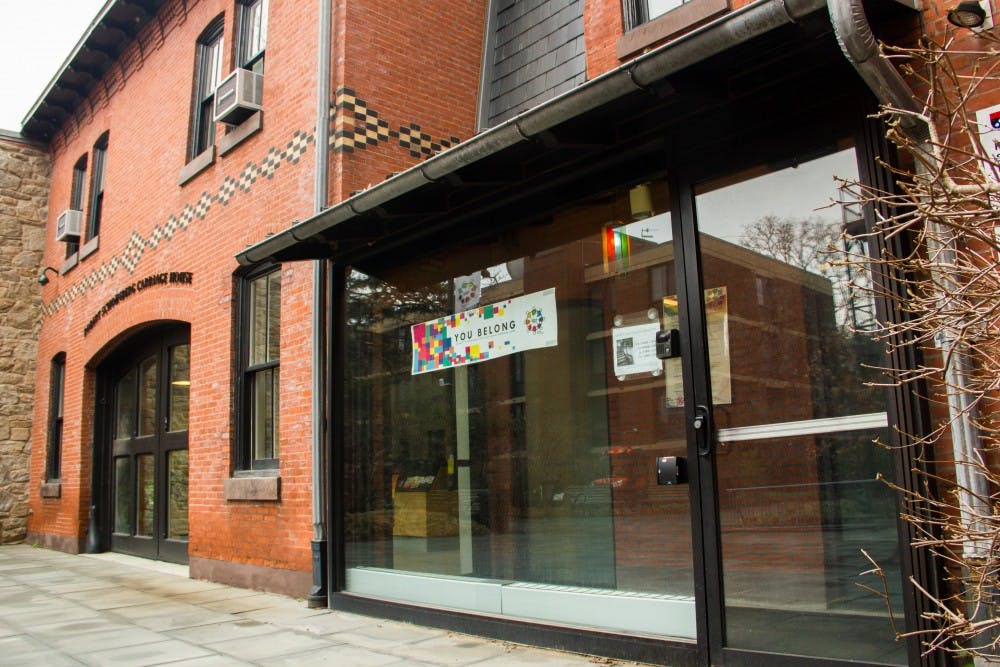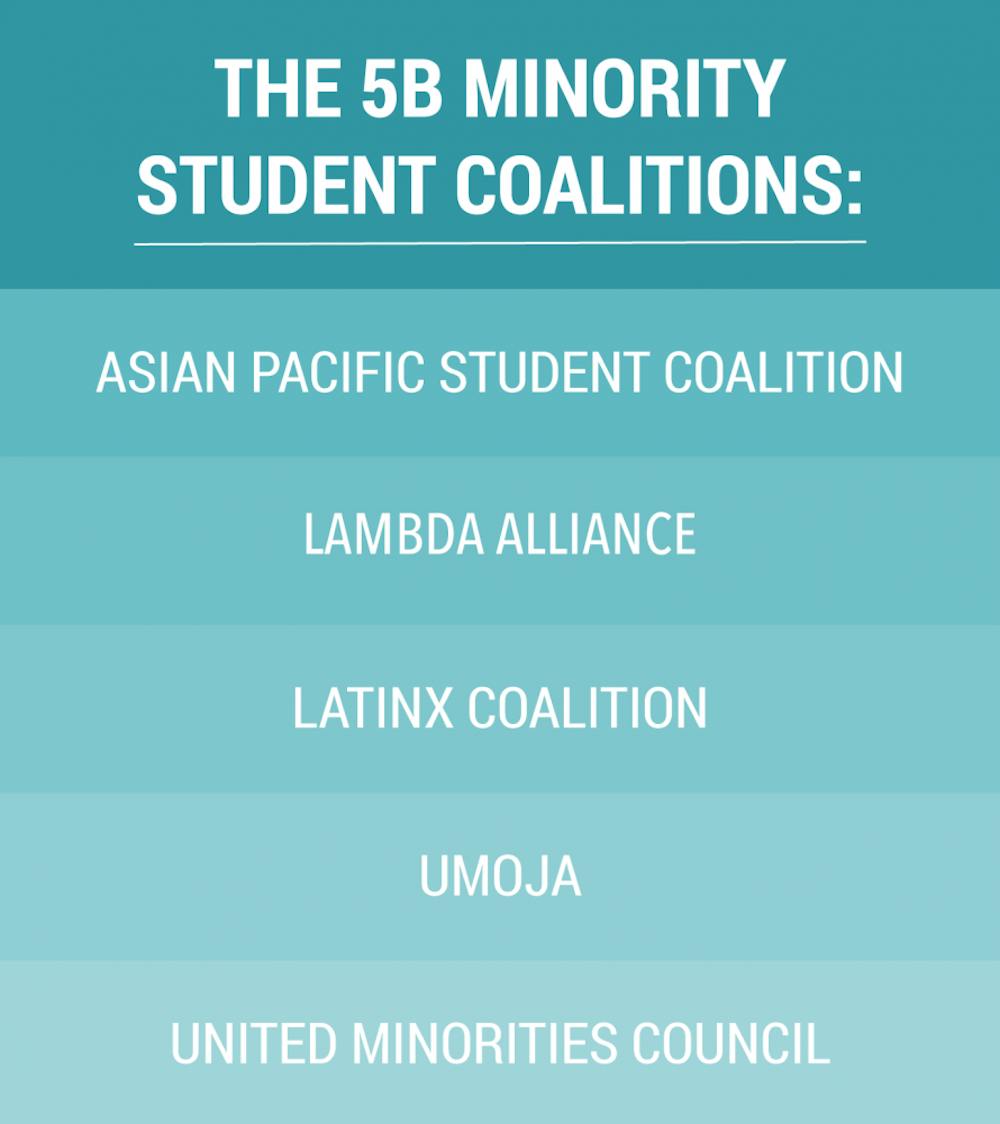
Currently, no student group exists solely for LGBTQ first-generation, low-income students at Penn. Now, however, one student from the Graduate School of Education is trying to change that.
First-year GSE student Sarah Simi Cohen is working with Erin Cross, the director of the LGBT Center, to create a group for “FGLI-Q” undergraduates, graduates, and alumni.
“There is a clear need to talk more about first-generation, low-income students, but oftentimes queer students are always left out of that conversation completely,” Cohen said. “You have to pick and choose which identity is more pertinent at that time."
The group’s creation connects to Cohen’s research thesis, which explores impact of higher education on the well-being of first-generation, low-income "queer students." Cohen said the group will provide a space for students to talk about their experiences as well as to access networking and job resources.
Erin Cross did not respond to request for comment.
“Typically, graduate students have forms of capital, like cultural or whatever it is, that undergrads do not,” Cohen said. “And then alums — even further. It’s sadly about the people that you know and the things that you have access to.”
Though no such student group exists at the undergraduate level, some student leaders say the financial policies of the 5B, a coalition of Penn's largest minority student groups on campus, make their events accessible for FGLI students in the LGBT community.
“That’s a huge contrast between 5B groups versus other organizations because we are funded by the various cultural centers [whereas in] other organizations mostly their revenue stream comes from the members themselves,” College junior and Lambda Alliance Chair Julia Pan said.

College freshman Fisher Taylor, the vice-chair of finance and development for the Lambda Alliance, said the group is able to secure funding because of the kind of events it organizes.
A FGLI student himself, Taylor noted many typical social events can place financial burden on some students who want to attend. He said Lambda Alliance uses funding sources such as the Penn Intercultural Fund and the Tangible Change Committee, so that everybody can attend.
“We always use the phrase, 'If you can’t afford it, come and talk to me,' but coming and talking to people is hard for students in that position,” Taylor said. “I guess that’s why Lambda has decided to upfront provide everybody with subsidization, so everybody is on a fair playing field.”
Taylor, who is a general board member of the Intercultural Fund and T-Change, added that these funding groups have seen an increase in demand for funds, but that the budgets have not changed significantly.
“But now, with an increase in interest, I would love to see an increase in the budget on the ICF and T-Change board,” Taylor said.
College sophomore Kamal Gill, vice chair of Penn's Asian Pacific Student Coalition, said that APSC as a 5B group is "more conscious" of serving students with specific financial needs since many of the leaders "already have a marginalized identity."
“Every event should have subsidization for first-generation college students," Gill said. “If it’s not accessible by first-generation college students, then they’re really picking and choosing who gets to participate and who doesn’t get to participate."
The Daily Pennsylvanian is an independent, student-run newspaper. Please consider making a donation to support the coverage that shapes the University. Your generosity ensures a future of strong journalism at Penn.
Donate







